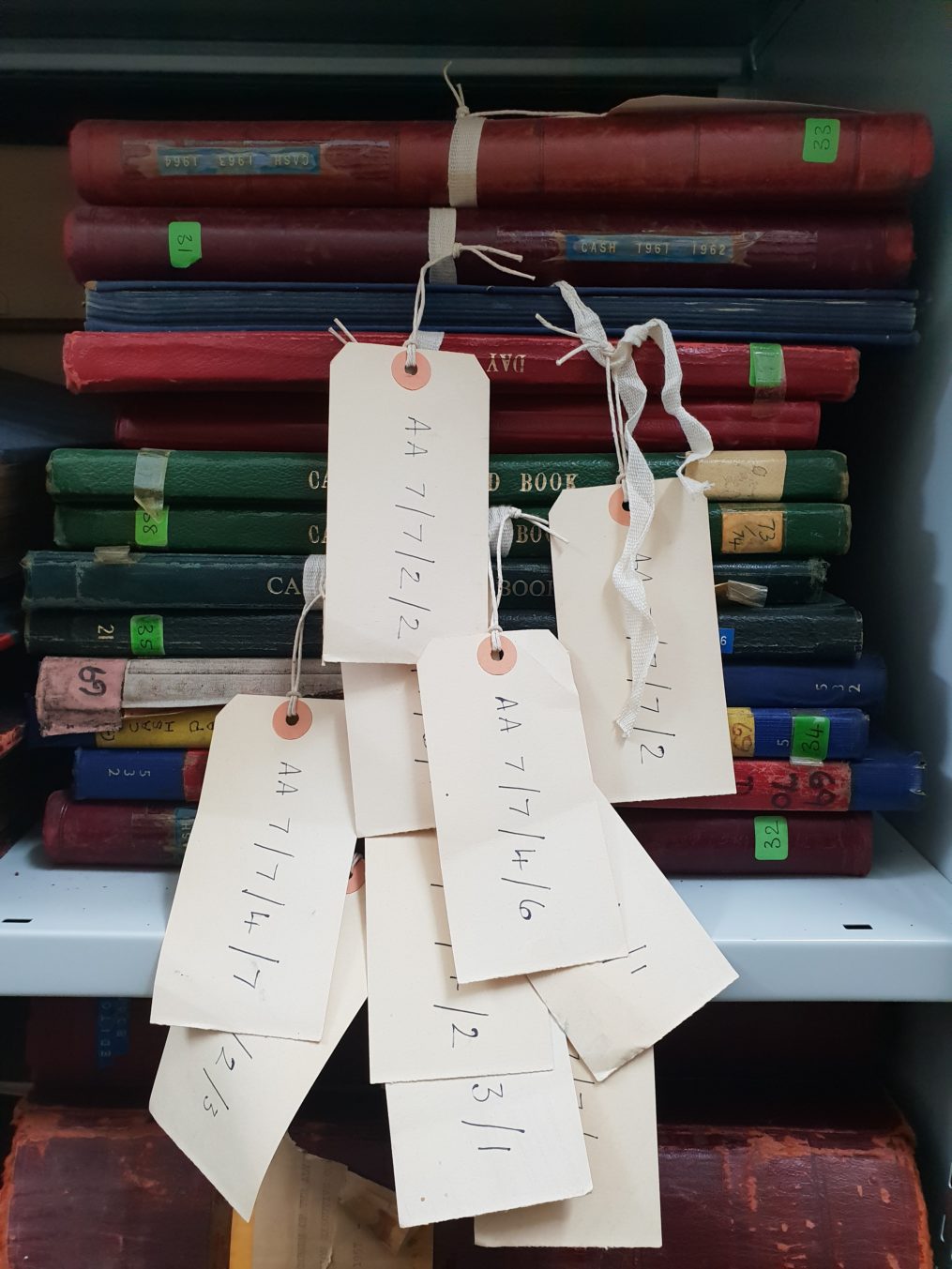Already a member? Sign in below

People trust the brands they grew up with.
Research has shown that the public tends to trust an advertising message more if it comes from a brand they recognise. Some storied brands have recognised the value of that long association: last year Heinz celebrated the 50th anniversary of its Beanz Meanz Heinz slogan. For individual brands, their great advantage in advertising is their longevity.
Nowhere is the history of advertising displayed better than at the History of Advertising Trust’s archives in Raveningham. In addition to the collection of physical props from ads and original art from the most iconic advertisements of all time, the 8,000 square foot archive contains minutes, letters and agreements from some of the UK’s most august advertising bodies.
Over 5 million items are listed as being within the archive’s walls, the extent of which has forced the Trust to locate itself outside of London. Included within that collection are 300,000 commercials from the 1920s to date, in formats preserved on Betamax and film, in poster form and in newspaper clippings. The Trust team are doggedly working at the process of digitising as much as possible, but the real weight of the collection remains in physical form.
“The background to people’s lives”
Alistair Moir, archive and library collections manager at the Trust, says that the collection is of interest to scholars and brands alike: “It’s an interesting way of looking at history. It’s the background to people’s lives”.
There are items in the collection dating back to the early 1800s, so charting the development of social trends through a look at how they were depicted in advertising of the time is of crucial value to sociologists and historians. Everything from the depiction of women, through the evolving nature of the family unit, to the depiction of products like cigarettes and alcohol, can be studied within the archive’s walls.
But it is typically brands and creative agencies who typically access the archive. As Moir says, it’s instructive to look back at a brand’s history even as you chart its future course in advertising.
Due to the endemic lack of trust in advertising, brands and increasingly looking to trade on their long association with the public in their marketing messages. It’s not to say that they’re looking to recreate retrograde depictions of a society that no longer exists, but to appeal to the nostalgia the public feels for a certain time in their own lives.
The future of the past
The Trust relies in no small part on donations from other brands, though a large part of that is outreach. After Toys ‘R’ Us folded last year, for instance, the Trust reached out to ensure that the toy retailers’ marketing materials would not be lost to history. As a result, it now counts among its collection a Geoffrey the Giraffe costume.
Other treasures might have been lost were it not for the collection and archiving actions of the Trust. Everything from the pitch notes for what would eventually become Mr. Kipling to television advertisements of BEA (now British Airways) extolling the virtues of family breaks to Venice might have only existed in the memories of the public.
Moir points out that the ephemeral and ever evolving nature of digital means that digital advertising is difficult to preserve long term, while a properly preserved paper advertisement can be retained easily for several hundred years. It’s an issue that the industry needs to grapple with – though the question of whether the public of 2018 will look back on some online ads with the fondness they do television ads at Christmas is an open one) – particularly as it seeks to address the long-term decline in public trust. Where will future creatives turn to discover more about how brands presented themselves?
Until then, though, the History of Advertising Trust and its trustees have made it their mission to preserve as much social history as it can: If advertising is both a reflection of the zeitgeist of a period and instrumental in effecting social change, then it deserves to be archived, studied and celebrated.
For more information please visit hatads.org.uk
Already a member? Sign in below
If your company is already a member, register your email address now to be able to access our exclusive member-only content.
If your company would like to become a member, please visit our Front Foot page for more details.
Enter your email address to receive a link to reset your password
Your password needs to be at least seven characters. Mixing upper and lower case, numbers and symbols like ! " ? $ % ^ & ) will make it stronger.
If your company is already a member, register your account now to be able to access our exclusive member-only content.